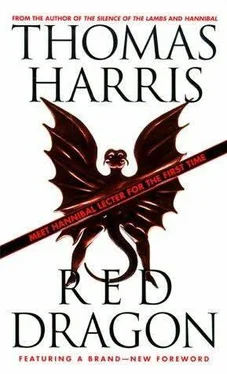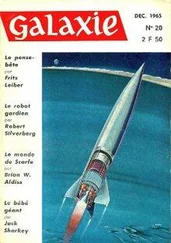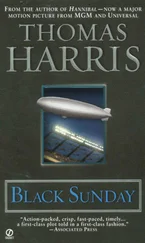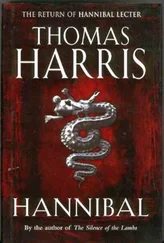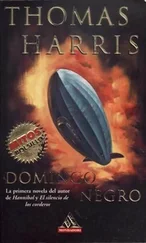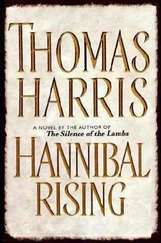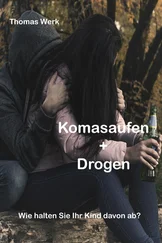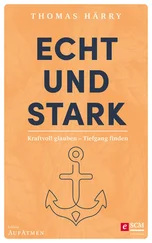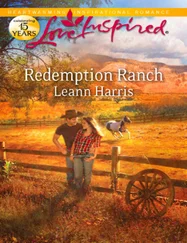Section Chief Aynesworth was grinning, his teeth white in his sooty face. He had been sieving ashes all morning.
"As section chief, it gives me great pleasure-"
"To pull your prong, we all know that," Janowitz said, climbing from the black tangle of the cellar.
"Silence in the ranks, Indian Janowitz. Fetch the items of interest." He tossed Janowitz a set of car keys.
From the trunk of an FBI sedan Janowitz brought a long cardboard box. A shotgun, the stock burned off and barrels twisted by the heat, was wired to the bottom of the box. A smaller box contained a blackened automatic pistol.
"The pistol came out better," Aynesworth said. "Ballistics may be able to make a match with it. Come on, Janowitz, get to it."
Aynesworth took three plastic freezer bags from him.
"Front and center, Graham." For a moment the humor left Aynesworth's face. This was a hunter's ritual, like smearing Graham's forehead with blood.
"That was a real sly show, podna." Aynesworth put the bags in Graham's hands.
One bag contained five inches of a charred human femur and the ball of a hip. Another contained a wristwatch. The third held the teeth.
The plate was black and broken and only half was there, but that half contained the unmistakable pegged lateral incisor.
Graham supposed he should say something. "Thanks. Thanks a lot."
His head swam briefly and he relaxed all over.
"… museum piece," Aynesworth was saying. "We have to turn it over to the turkey, don't we, Jack?"
"Yeah. But there're some pros in the St. Louis coroner's office. They'll come over and make good impressions. We'll have those."
Crawford and the others huddled with the coroner beside his car. Graham was alone with the house. He listened to the wind in the chimneys. He hoped Bloom would come here when he was well. Probably he would.
Graham wanted to know about Dolarhyde. He wanted to know what happened here, what bred the Dragon. But he had had enough for now.
A mockingbird lit on the top of a chimney and whistled.
Graham whistled back.
He was going home.
Graham smiled when he felt the jet's big push rocket him up and away from St. Louis, turning across the sun's path south and east at last toward home.
Molly and Willy would be there.
"Let's don't jack around about who's sorry for what. I'll pick you up in Marathon, kiddo," she said on the phone.
In time he hoped he would remember the few good moments – the satisfaction of seeing people at work who were deeply committed to their skills. He supposed you could find that anywhere if you knew enough about what you were watching.
It would have been presumptuous to thank Lloyd Bowman and Beverly Katz, so he just told them on the telephone that he was glad to have worked with them again.
One thing bothered him a little: the way he felt when Crawford turned from the telephone in Chicago and said, "It's Gateway."
Possibly that was the most intense and savage joy that had ever burst in him. It was unsettling to know that the happiest moment of his life had come then, in that stuffy jury room in the city of Chicago. When even before he knew, he knew.
He didn't tell Lloyd Bowman how it felt; he didn't have to. "You know, when his theorem rang the cherries, Pythagoras gave one hundred oxen to the Muse," Bowman said. "Nothing sweeter, is there? Don't answer – it lasts better if you don't spend it talking."
Graham grew more impatient the closer he got to home and to Molly. In Miami he had to go out on the apron to board Aunt Lula , the old DC-3 that flew to Marathon.
He liked DC-3's. He liked everything today.
Aunt Lula was built when Graham was five years old and her wings were always dirty with a film of oil that blew back from the engines. He had great confidence in her. He ran to her as though she had landed in a jungle clearing to rescue him.
Islamorada's lights were coming on as the island passed under the wing. Graham could still see whitecaps on the Atlantic side. In minutes they were descending to Marathon.
It was like the first time he came to Marathon. He had come aboard Aunt Lula that time too, and often afterward he went to the airfield at dusk to watch her coming in, slow and steady, flaps down, fire flickering out her exhausts and all the passengers safe behind their lighted windows.
The takeoffs were good to watch as well, but when the old airplane made her great arc to the north it left him sad and empty and the air was acrid with good-byes. He learned to watch only the landings and hellos.
That was before Molly.
With a final grunt, the airplane swung onto the apron. Graham saw Molly and Willy standing behind the fence, under the floodlights.
Willy was solidly planted in front of her. He'd stay there until Graham joined them. Only then would he wander along, examining whatever interested him. Graham liked him for that.
Molly was the same height as Graham, five feet ten inches. A level kiss in public carries a pleasant jolt, possibly because level kisses usually are exchanged in bed.
Willy offered to carry his suitcase. Graham gave him the suit bag instead.
Riding home to Sugarloaf Key, Molly driving, Graham remembered the things picked out by the headlights, imagined the rest.
When he opened the car door in the yard, he could hear the sea. Willy went into the house, holding the suit bag on top of his head, the bottom flapping against the backs of his legs.
Graham stood in the yard absently brushing mosquitoes away from his face.
Molly put her hand on his cheek. "What you ought to do is come on in the house before you get eaten up."
He nodded. His eyes were wet.
She waited a moment longer, tucked her head and peered up at him, wiggling her eyebrows. "Tanqueray martinis, steaks, hugging and stuff. Right this way… and the light bill and the water bill and lengthy conversations with my child," she added out of the side of her mouth.
Graham and Molly wanted very much for it to be the same again between them, to go on as they had before.
When they saw that it was not the same, the unspoken knowledge lived with them like unwanted company in the house. The mutual assurances they tried to exchange in the dark and in the day passed through some refraction that made them miss the mark.
Molly had never looked better to him. From a painful distance, he admired her unconscious grace.
She tried to be good to him, but she had been to Oregon and she had raised the dead.
Willy felt it and he was cool to Graham, maddeningly polite.
A letter came from Crawford. Molly brought it in the mail and did not mention it.
It contained a picture of the Sherman family, printed from movie film. Not everything had burned, Crawford's note explained. A search of the fields around the house had turned this picture up, along with a few other things the explosion had blown far from the fire.
"These people were probably on his itinerary," Crawford wrote. "Safe now. Thought you'd like to know."
Graham showed it to Molly.
"See? That's why," he said. "That's why it was worth it."
"I know," she said. "I understand that, really I do."
The bluefish were running under the moon. Molly packed suppers and they fished and they built fires, and none of it was any good.
Grandpa and Mamamma sent Willy a picture of his pony and he tacked it to the wall in his room.
The fifth day home was the last day before Graham and Molly would go back to work in Marathon. They fished in the surf, walking a quarter-mile around the curving beach to a place where they had luck before.
Graham had decided to talk to both of them together.
The expedition did not begin well. Willy pointedly put aside the rod Graham had rigged for him and brought the new surf-casting rod his grandfather sent home with him.
Читать дальше
